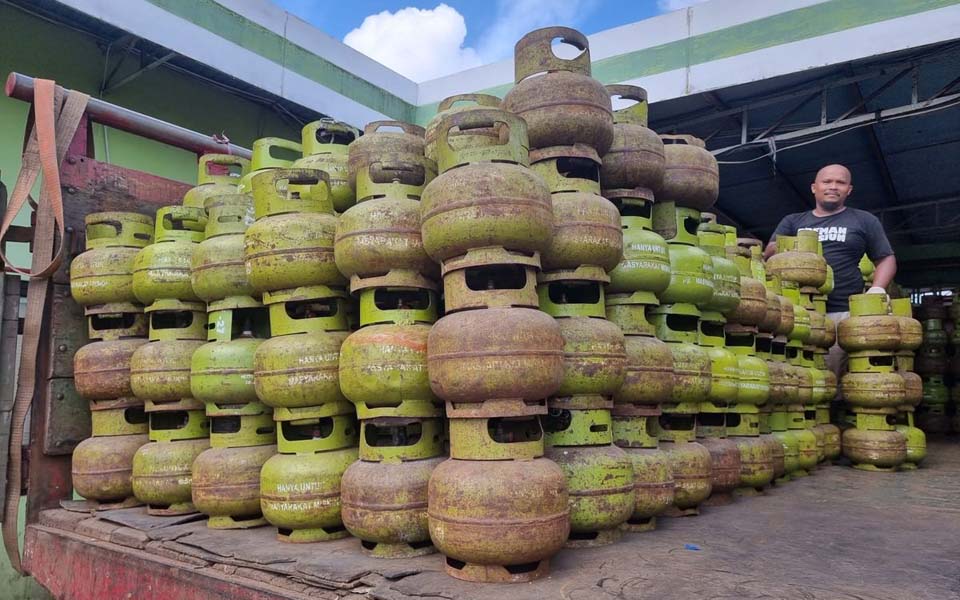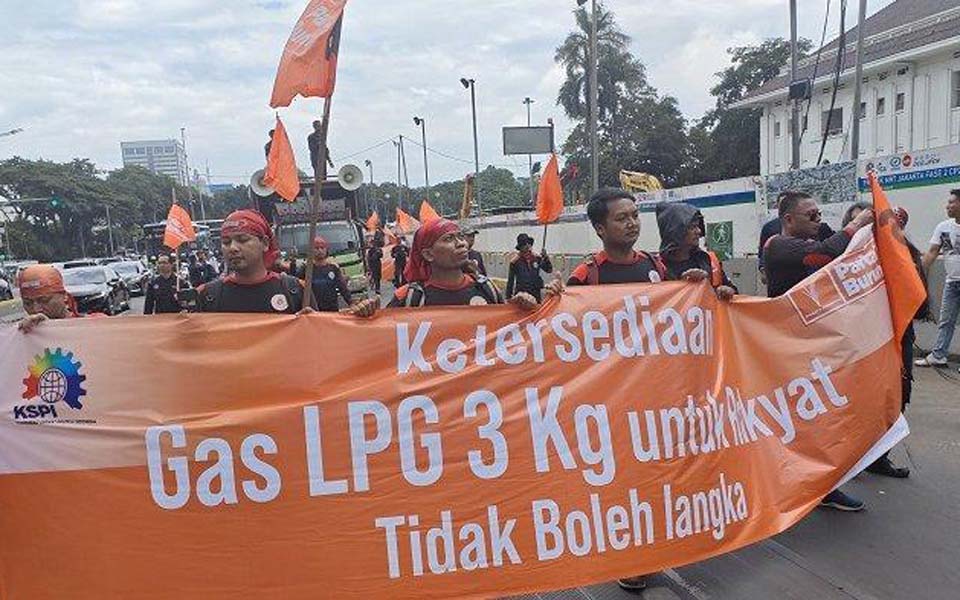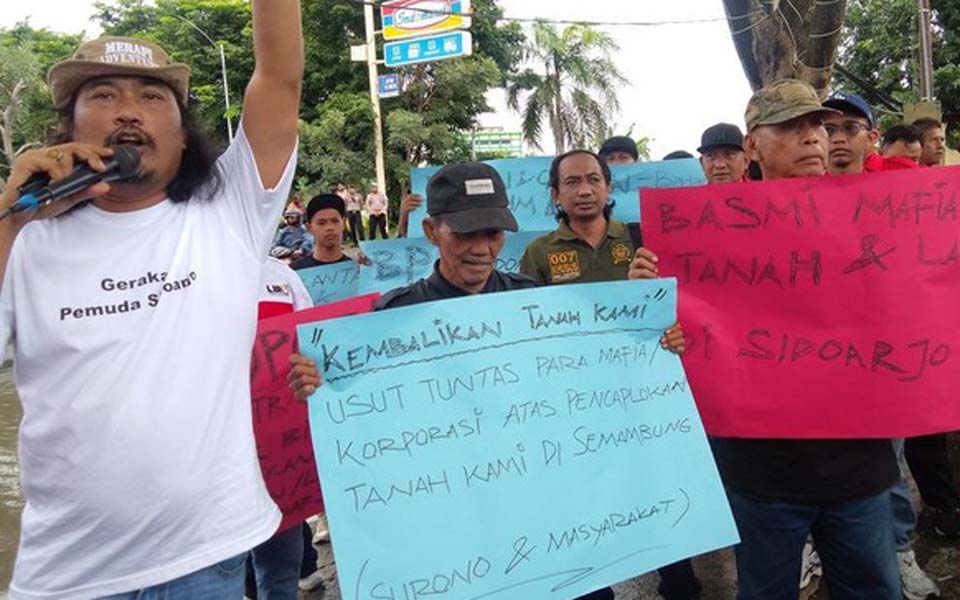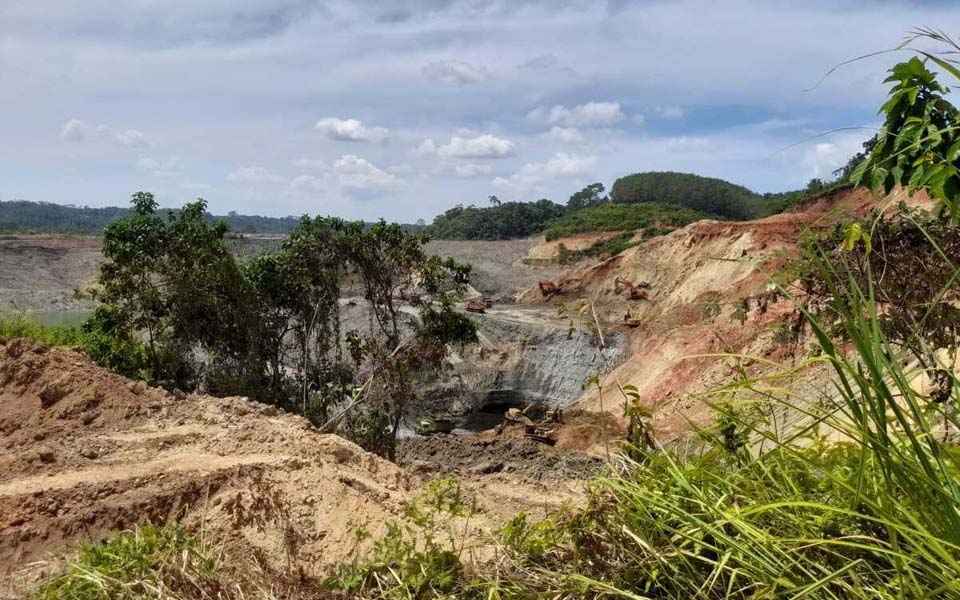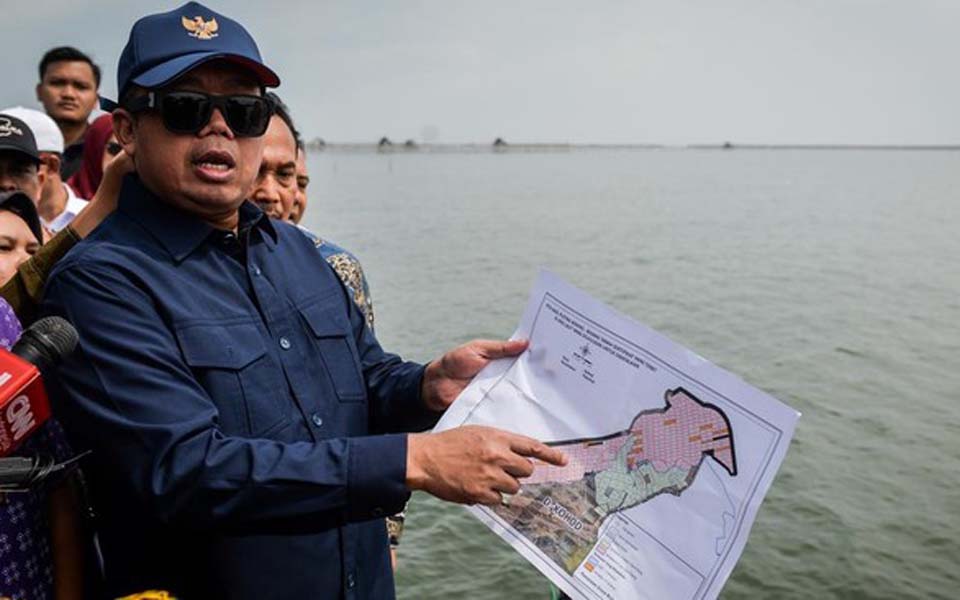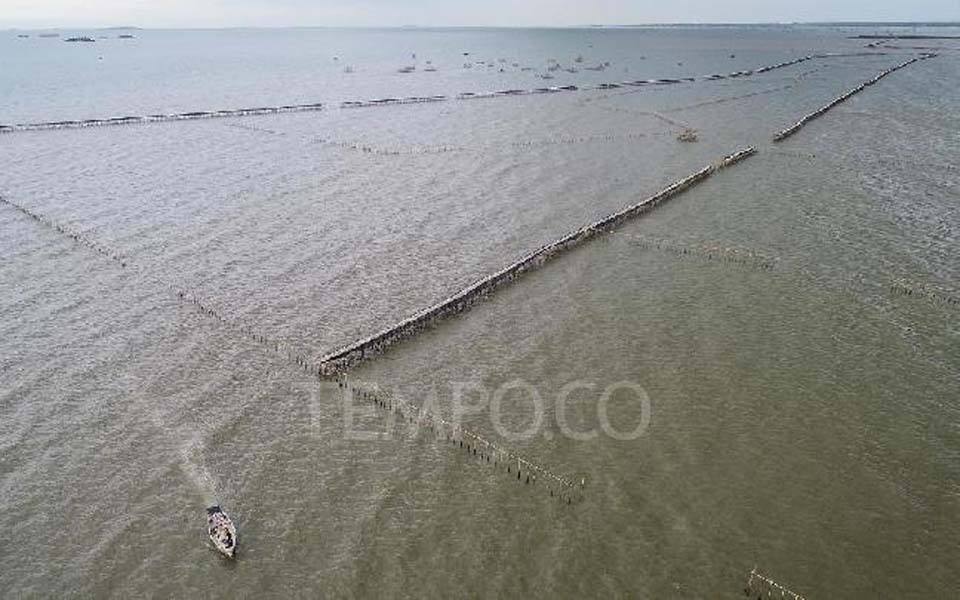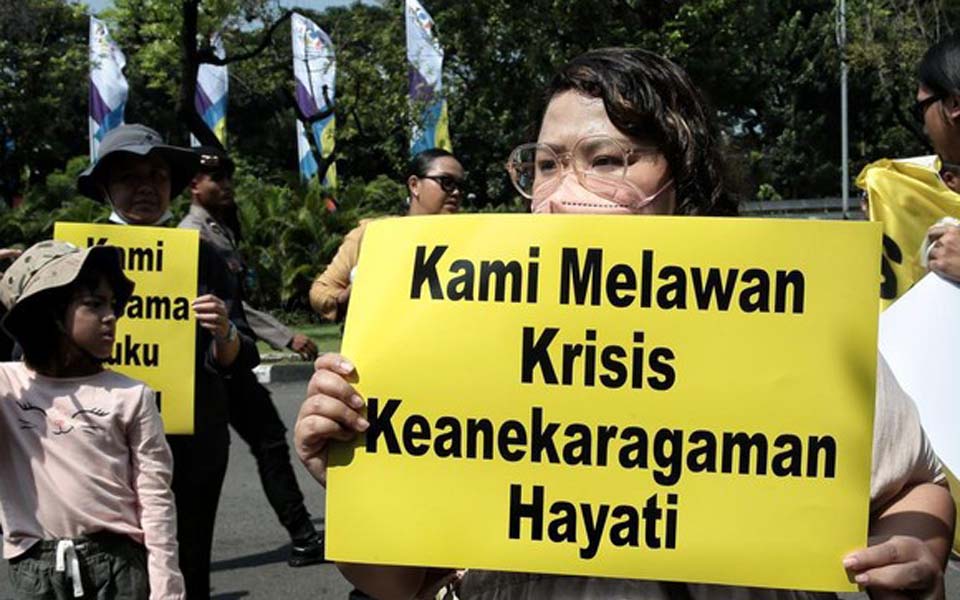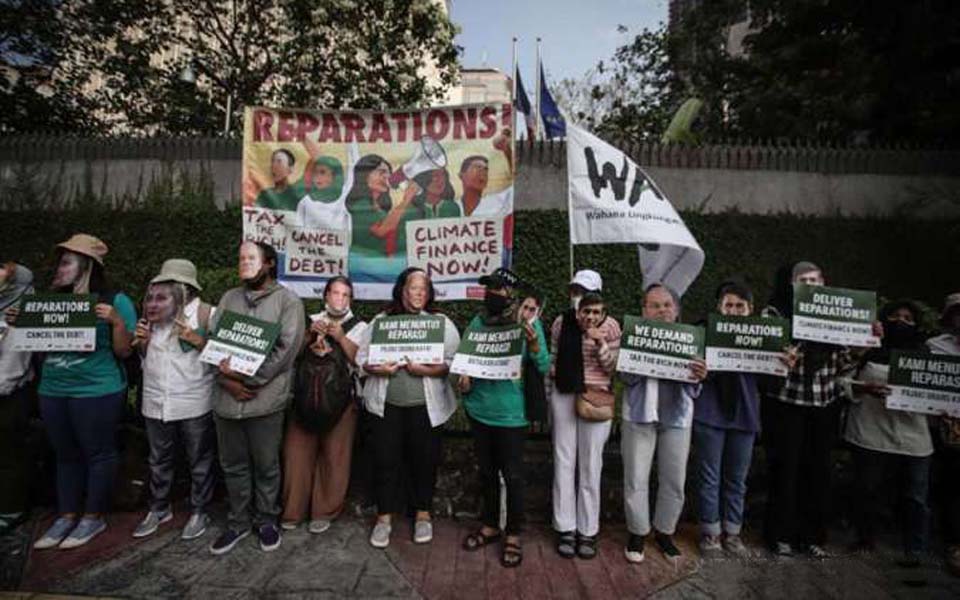Jakarta – Transparency International (TII) Indonesia says that 40 out of the 90 coal-fired power plant (PLTU) companies in the country have directors or commissioners who have a conflict of interest or are politically exposed persons (PEPs).
TII researcher Belicia Angelica says that these conflicts of interests are for example, when a director or commissioner in these companies is also a public official.
"This does not [necessarily] have bad connotations, but this fact needs extra attention because public policies in the electricity generation sector have the potential to be influenced by these directors and commissioners", said Angelica during a virtual press conference on Thursday April 15.
Based on a survey conducted between July and December 2020 of 90 PLTU companies, private companies which have directors or commissioners which can be categorised as PEPs can also have access to policy makers.
This is also the case with state-owned enterprises (BUMN) and other companies. Moreover these companies often recruit people categorised as PEPs as directors or commissioners in order to support company policies in political competitions.
"Aside from PEPs, from this investigation, directors and commissioners were found whose name were included in the Panama Papers list, although they can't be revealed individually at this time", she explained.
Based on their backgrounds, TII found that there were 47 directors or commissioners categorised as PEPs who came from the bureaucracy, 32 who were close to PEPs and 37 who held strategic position in other places.
The remainder were four law enforcement officials, nine military officers and three politicians.
On the other hand, Angelica said there were 40 companies or 44 percent of the companies which do not reveal information about themselves and their businesses to the public.
Based on these findings, TII stated that the Corporate Political Engagement Index (CPEI) scores for these companies was 0.9 out of 10.
"This score is very low, it didn't even reach 1. This indicates that companies in the PLTU business in Indonesia are not transparent in their public activities", she explained.
TII also made a recommendation to the companies and the government in the electricity generation sector to pay attention to these findings. In the future, it is hoped that the companies will publish information on their business plans, procurements and projects.
"Then there is the drafting and enforcement of regulations on the political involvement of companies", she said.
Not to be left out, regulations on the practice of political lobbying are also needed. "In the US it's even printed how much the lobbying budget is, this isn't a problem, as long as it's transparent", she said in conclusion. (uli/sfr)
[Translated by James Balowski. The original title of the article was "Survei: 40 dari 90 Bisnis PLTU Punya Bos Terafiliasi Politik".]







